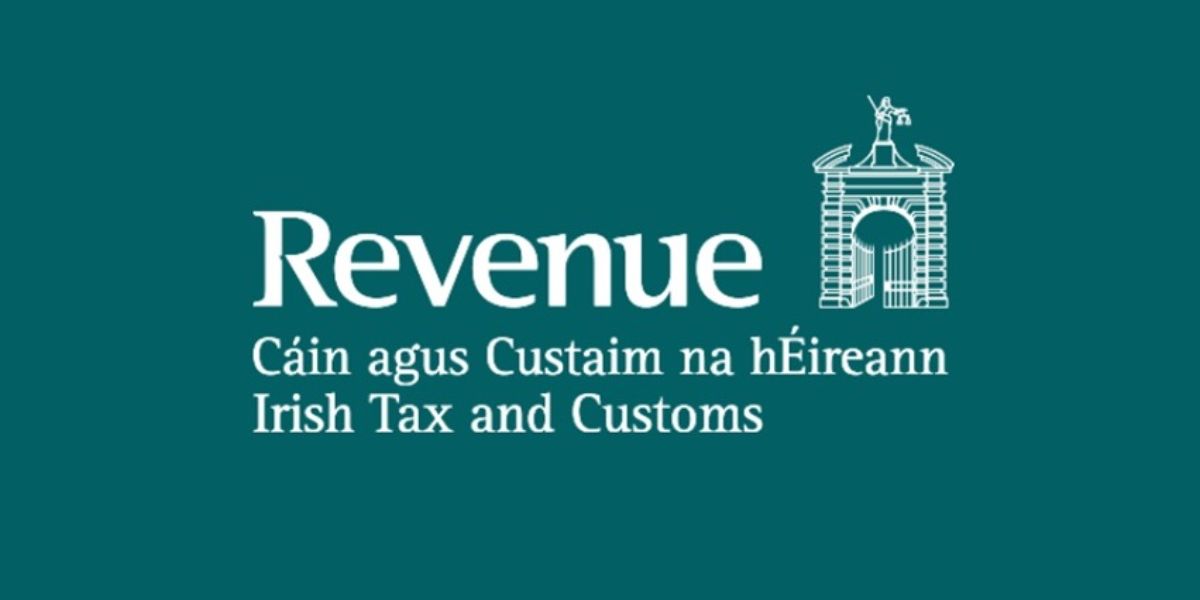On 22 December 2019, President, Michael D. Higgins, signed the 2019 Finance bill into law. This Finance Act 2019 implements the taxation changes announced on Budget, including new transfer pricing legislation, introducing some necessary anti-avoidance measures and technical changes to the tax code.
Transfer pricing
The Finance Act provides new transfer pricing rules. This new rules includes the incorporation of the OECD 2017 Transfer Pricing Guidelines into Irish legislation and gives the introduction of new documentation requirements.
Hybrid Mismatch
The Finance Act introduces anti-hybrid rules as required by The European Anti-Tax Avoidance Directives (ATAD). The ATAD directives were agreed to ensure that EU Member States implemented certain OECD BEPS rules in a coordinated way. The purpose of anti-hybrid rules is to prevent arrangements that exploit differences in the tax treatment of a financial instrument or an entity under the tax laws of two or more jurisdictions to generate a tax advantage. ATAD anti-hybrid rules apply to arrangements between associated enterprises and they apply to all corporate taxpayers, there is no de-minimis threshold.
R&D tax credit
Under the Act, the Research and Development (R&D) tax credit is being amended to provide enhanced supports to micro and small companies, subject to State aid approval. In accordance with the Act, the 25% R&D credit be increased to 30%, and provides for small and micro companies. There is also a new provision planned to allow micro and small companies conducting pre-trading R&D to claim the credit before trading commences, limited to offset against VAT and payroll tax liabilities only. Finally, in respect of all claimants, the current limit on outsourcing to third level institutes of education will be increased from 5% to 15%.
Mandatory disclosure rules
The Act includes measures to transpose an EU directive on the mandatory automatic exchange of information in relation to reportable cross-border arrangements (DAC6) to the Ireland’s legislature, which broadly follows the EU Directive. This includes some explanatory notes that describe the concepts and terms used in the Directive. The hallmarks for reportable transactions also are linked to Annex I of the Directive. Under the mandatory disclosure rules, qualifying intermediaries (such as financial and tax advisers, lawyers, banks, accountants and domiciliation service providers) and under certain circumstances taxpayers need to report cross-border reportable arrangements to the relevant tax authorities as from 1 July 2020.
















